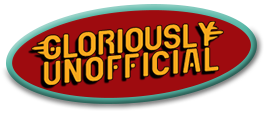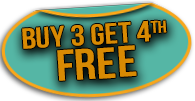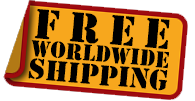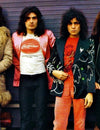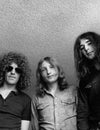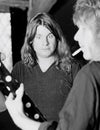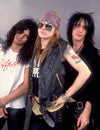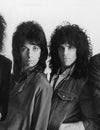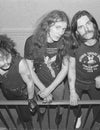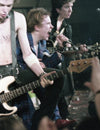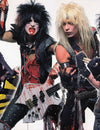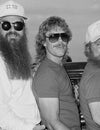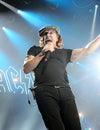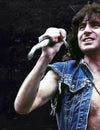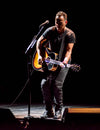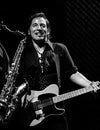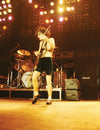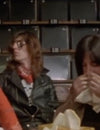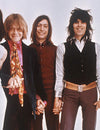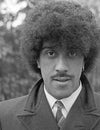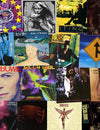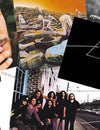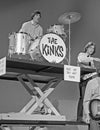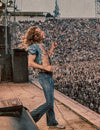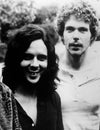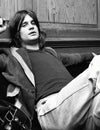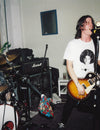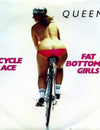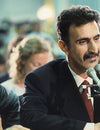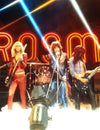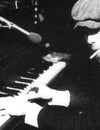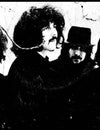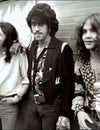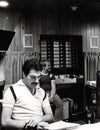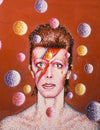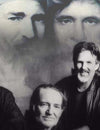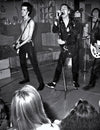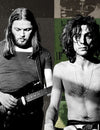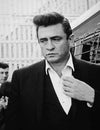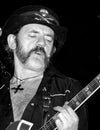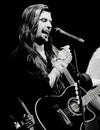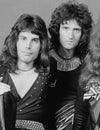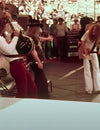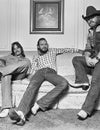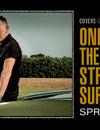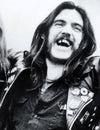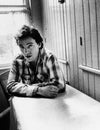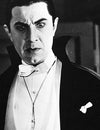
Lynyrd Skynyrd: The Story Behind Freebird & Why it’s Still Enduring Today
Vocalist Ronnie Van Zant said there were too many chords to write lyrics to. The producer said it was too long. Their manager said it would never get any radio play and needed to be rewritten.
Forty-eight years later, ‘Freebird’ remains the unofficial anthem of southern rock and one of the great rock and roll anthems ever released. Its beauty, power, and nostalgia have spread from the stage of Lynyrd Skynyrd and found their way onto the stage of countless other rock and roll greats.
A Classic In The Making
Guitarist Gary Rossington recalls: “We started playing Freebird in clubs, and initially it was just a slow ballad…Then Ronnie said, ‘Why don’t you do something at the end of that so that I can take a break for a few minutes.’ So I came up with the ending chord progression and Allen played over them, then I soloed and then he soloed - it all evolved out of a single jam we had one night.”
Released as a single in 1974, the opening music for ‘Freebird’ was recorded six years prior by guitarist Allen Collins, according to Rossington: “That was one of the first things he’d ever wrote,” says Rossington. “He’d only done maybe two or three things before that.”
When the band decided to record it for release on the album, the idea of producing a fifteen-minute song with multiple chord changes was immediately shot down by everyone, including Ronnie Van Zant. According to Rossington:
“(He) didn’t like it in the beginning. He complained that the opening chord progression was too complicated, and he couldn't find a melody for it. Every once in a while we’d bring it up again, and he’d just tell us to forget about it…Then one day we were at rehearsal and Allen started playing the chord progression, and Ronnie said, ‘That’s pretty.’ And he wrote the lyrics in three or four minutes - the whole damn thing!”
Producer Al Kooper said a fifteen-minute track wouldn’t work because it was far too long to get radio play. The band tried cutting it and came up with a nine-minute version in the studio. But Kooper said it was no good. He needed it to be in the three-and-a-half to four-minute range. Lynyrd Skynyrd’s management agreed with him and the band had a decision to make. It was an easy decision: The nine-minute and eight-second version was as good as it would get.
The lyrics themselves spoke to the band’s need to be free of any and all constraints:
‘Cause I'm as free as a bird now
And this bird you cannot change
Oh, oh, oh, oh
And the bird you cannot change
And this bird, you cannot change
Lord knows, I can't change
Lord help me, I can't change
Lord, I can't change
Won't you fly high, free bird, yeah..’
The dueling guitar solo that follows that end verse made Collins a legend. To this day, it’s one of the most anticipated events for concertgoers. The explosive end to such an expressive heartfelt ballad allows everyone witnessing it to imagine flying free as the lyric suggests.
It also gave Ronnie a break, Rossington says: “...one night we were playing a club and Ronnie said: ‘Play that a little longer, my voice is hurting, I need a break. So we played two minutes or three minutes. Then two days later his throat was all sore and he could hardly talk, and we ended up playing it ten minutes at the end, just jamming.”
The Meaning Of It All
The song’s opening line - “If I leave here tomorrow, would you still remember me..” - was penned after Collin’s girlfriend presented him with the question before leaving him.
When Van Zant was asked about what the song represents, he said: “It’s about what it means to be free, in that a bird can fly wherever he wants to go…Everyone wants to be free. That’s what this country’s all about.”
Lynyrd Skynyrd - Freebird - 7/2/1977 - Oakland Coliseum Stadium (Official)
The Staying Power of a True Classic
‘Freebird’ never reached the level of chart success as ‘Sweet Home Alabama’ or ‘That Smell,’ but it’s how they’ll be forever recognized. Concertgoers around the world scream “Freebird! Play Freebird!” when any band asks what song they’d like to hear next.
In 1993, during the recording of Nirvana’s ‘MTV Unplugged,’ a crowd member yelled out “Play Freebird!” so the band started to play ‘Sweet Home Alabama,’ in jest: Nirvana Sweet home Alabama (high quality)
At a 2016 Bob Dylan show in Berkley, California, a fan shouted at the band to play it, and the band obliged: Bob Dylan & His Band playing Freebird (Clip) - 06/09/16 - Greek Theatre, Berkeley, CA
Ben Folds gave it a shot in 2010 at the Beacon Theatre when someone requested it: Ben Folds gives Free Bird a shot
Gone Hollywood
The song has been used in many movie soundtracks, including ‘Forrest Gump,’ and ‘Kingsman: The Secret Service.’ Maybe the most impactful use of the song in film was its use in the final scenes of Rob Zombie’s ‘The Devil’s Rejects.’: Devil's Rejects END - Lynyrd Skynyrd - Free Bird
The Show Must Go On
A plane crash on October 20th, 1977, claimed the lives of Ronnie Van Zant, guitarist, and vocalist Steve Gaines, backing vocalist Cassie Gaines (Steve's older sister), assistant road manager Dean Kilpatrick, Captain Walter McCreary, and First Officer John Gray. Twenty others survived the crash. The band was done until Ronnie’s brother Johnny recreated the band. The band now plays the anthem of southern rock in tribute.

